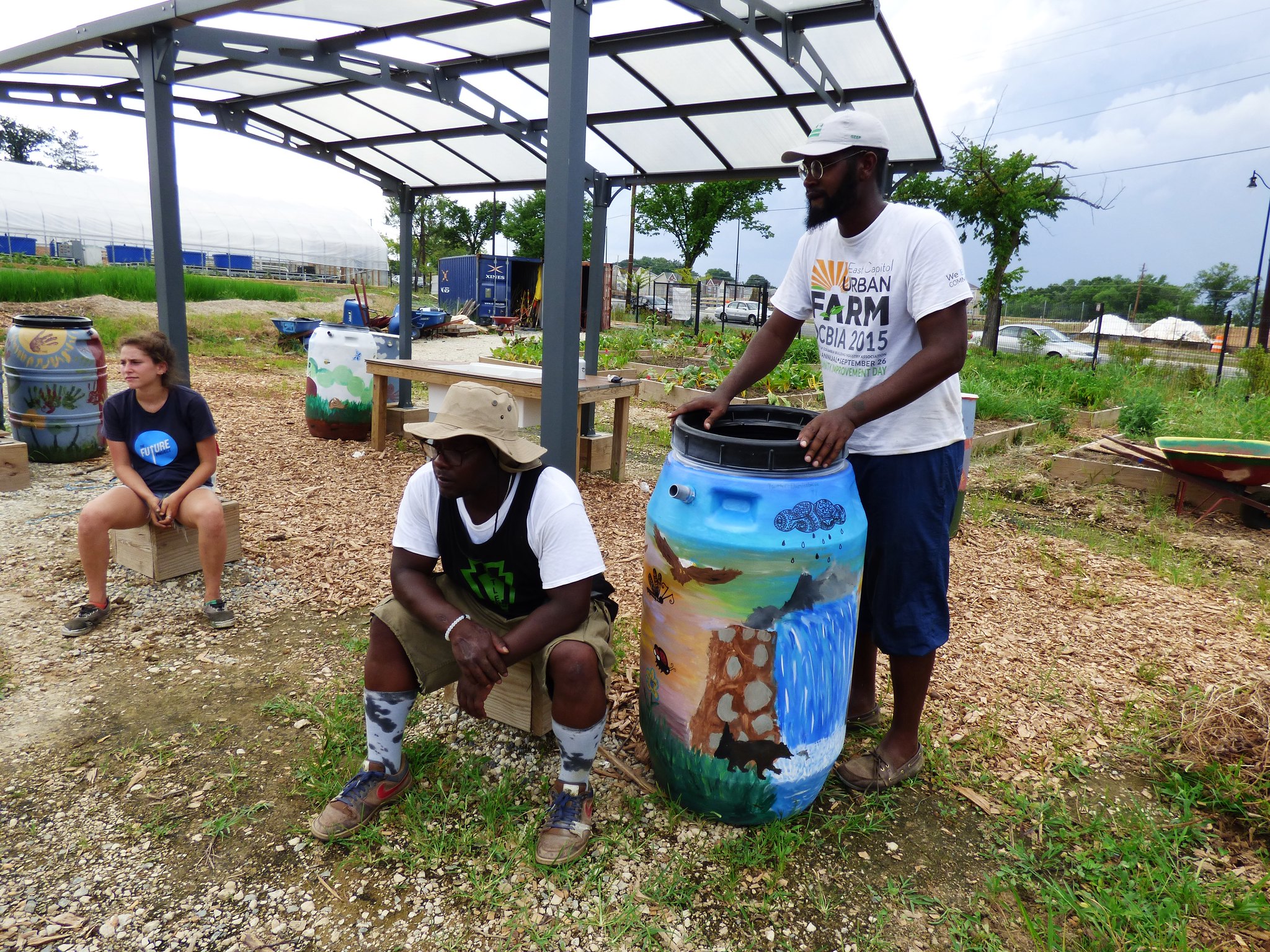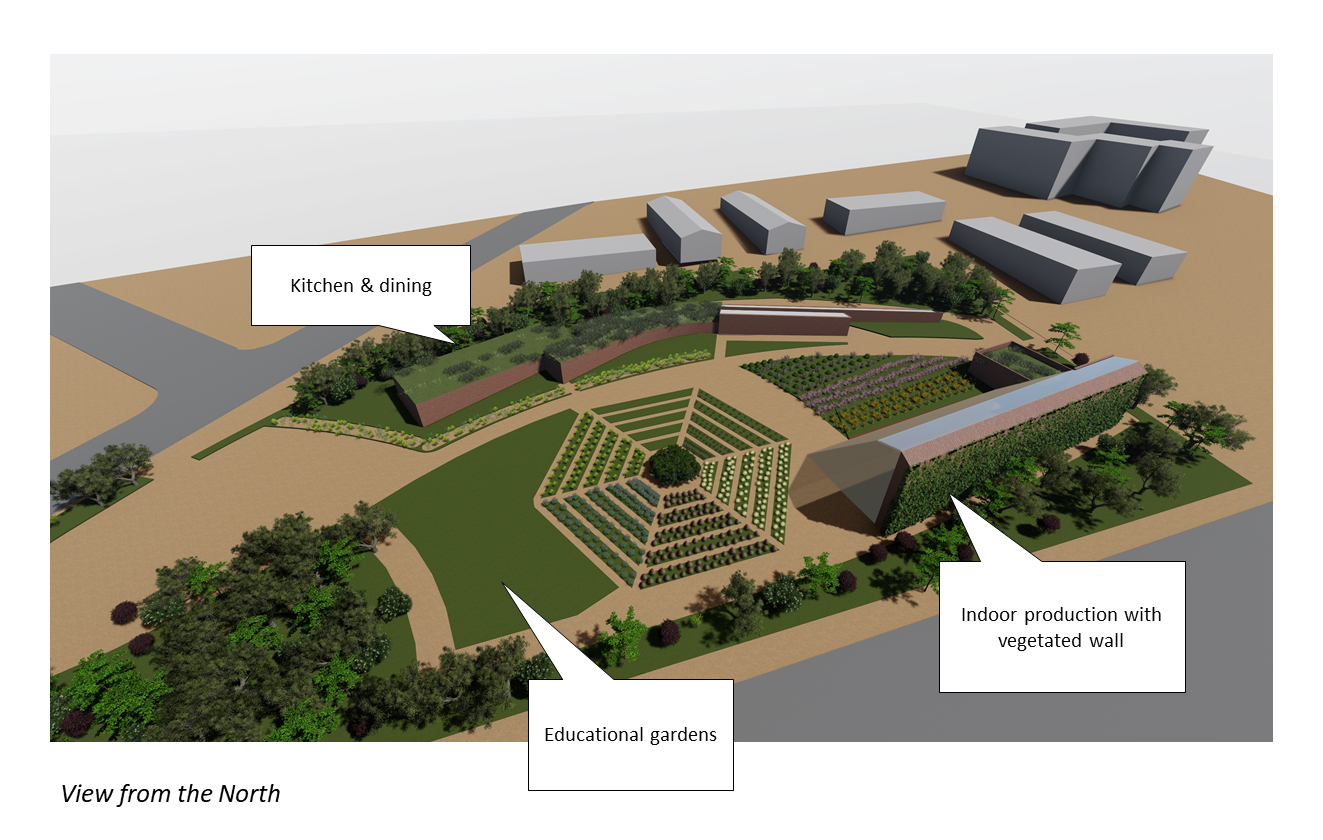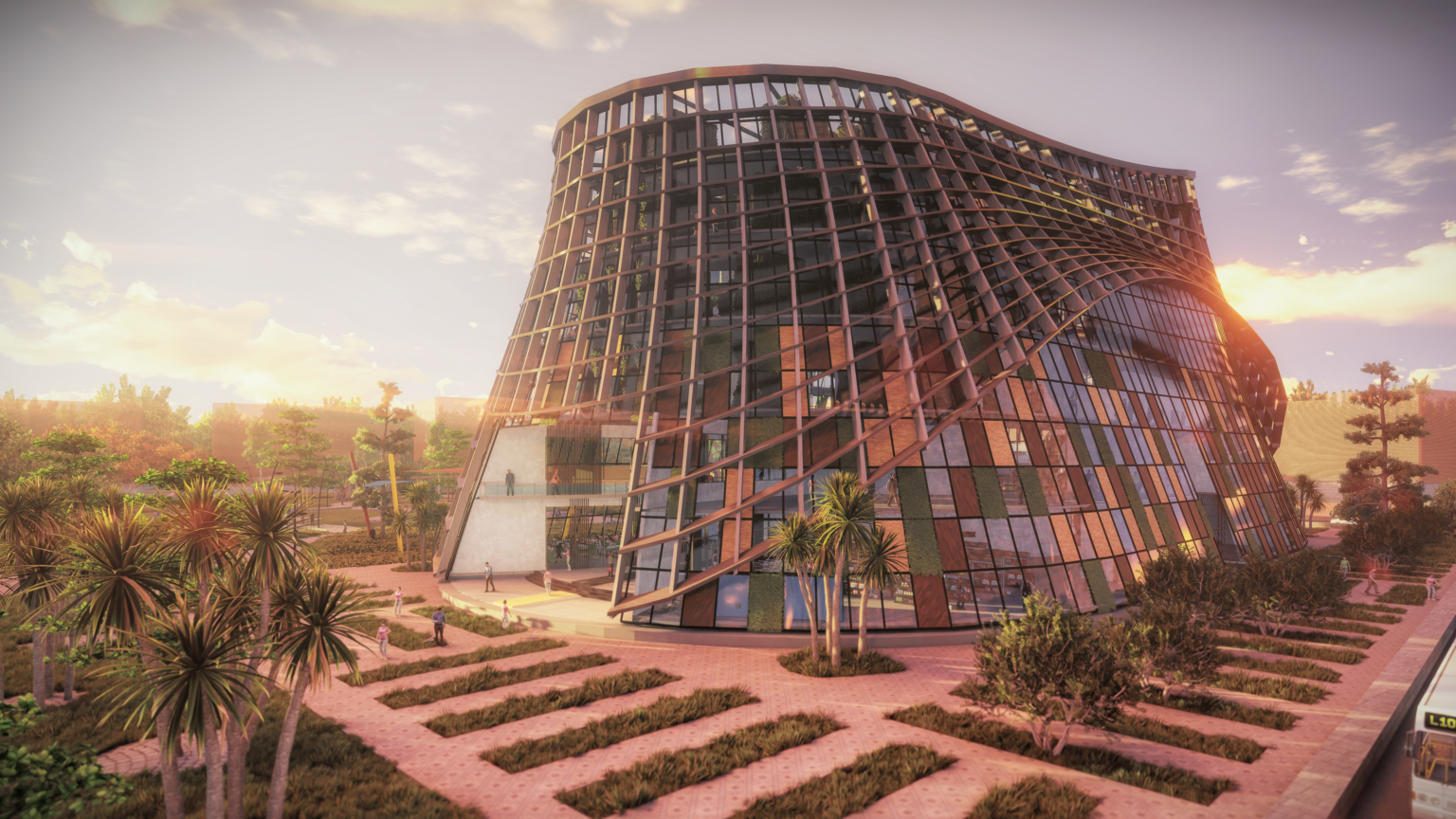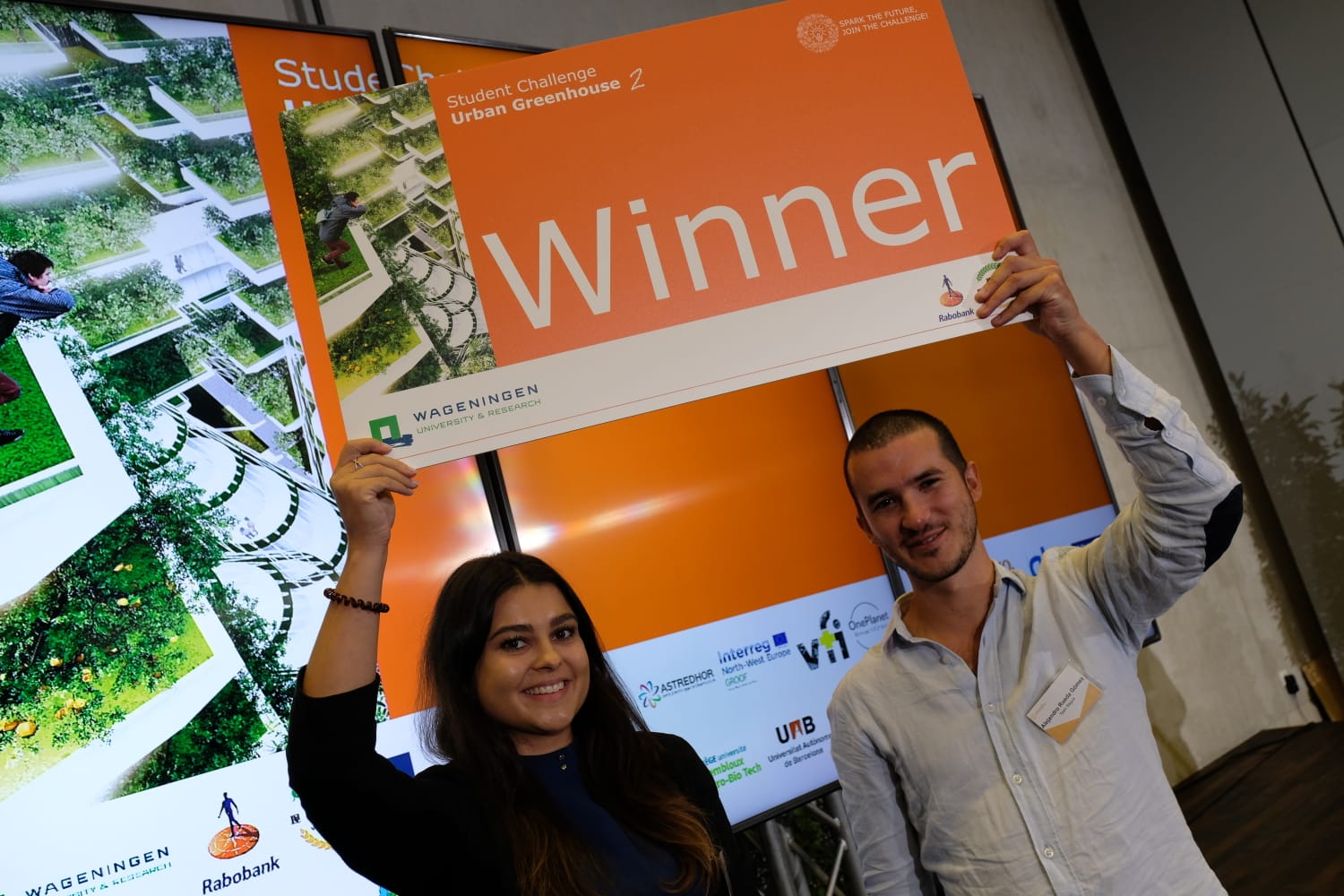Over 260 students, divided into thirty teams, signed up for the WUR Urban Greenhouse Challenge. In this third edition of the design competition, which started in November, social impact is key. The teams must submit a plan to improve accessibility to healthy food in a disadvantaged neighbourhood in Washington DC (USA).
In the first leg, the teams from Europe, Asia and the US are to develop a perspective on how the food supply in this neighbourhood may be improved. An existing communal garden of 1.2 hectares in size is to be redesigned. In doing so, the teams must decide whether to build greenhouses, or whether they will focus on outdoor crops, and whether they might combine the cultivation of vegetables with fish or insect farming.
They must also consider a business model, sustainability, energy supply and the relationship with the inhabitants of the neighbourhood. They are supervised and assisted by WUR, the University of the District of Columbia in Washington DC and participating businesses. In January, all teams must pitch an artist’s impression of their plan. Subsequently, the twenty best proposals will make it to the second leg of the competition.
Food desert
The Washington DC suburb Ward 7 is considered a so-called food desert. The neighbourhood is predominantly black, and unemployment, violence and obesity are rampant among the 73 thousand inhabitants. There is only one store that sells fresh vegetables in the neighbourhood, and the restaurants are almost all fast-food establishments.
The municipality wants to develop a local food hub for healthy and locally produced food that requires little energy and water and which will generate jobs in the area. It is up to the student teams to design such a hub. The first online meeting with the University of the District of Columbia, neighbourhood managers and volunteers from the current communal garden has already taken place. That meeting will help them fine-tune their plans and embed them in the neighbourhood.

 Students at the communal garden in Washington DC. Photo UDC Causes
Students at the communal garden in Washington DC. Photo UDC Causes 

